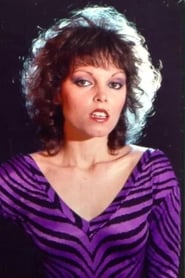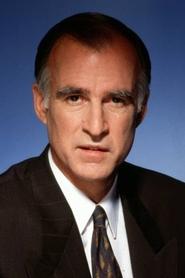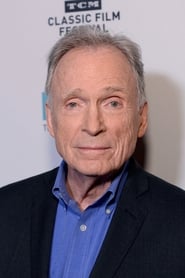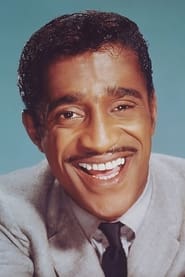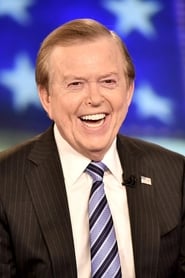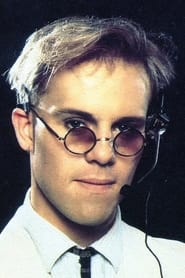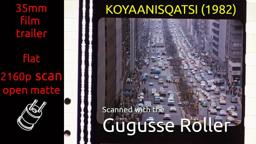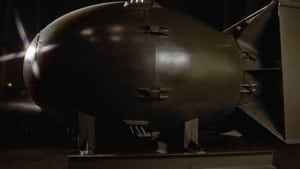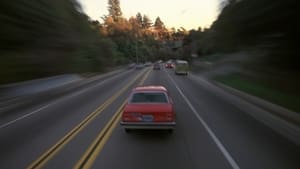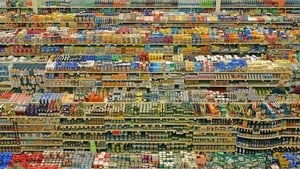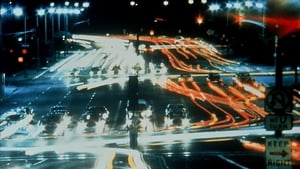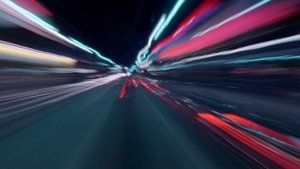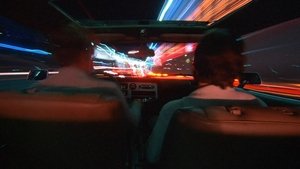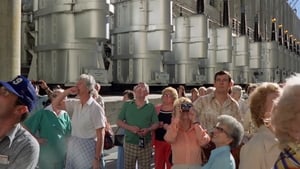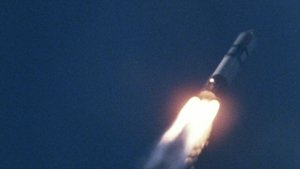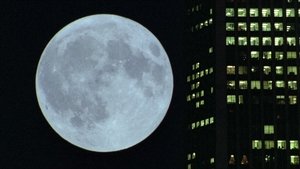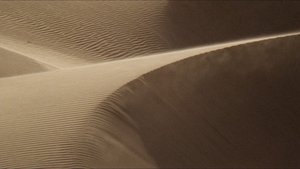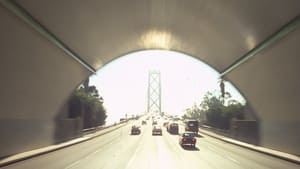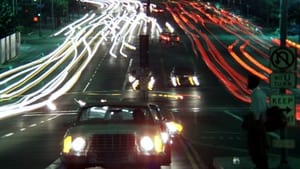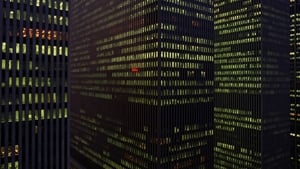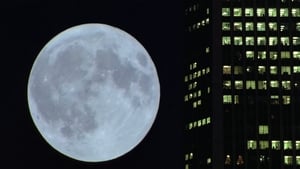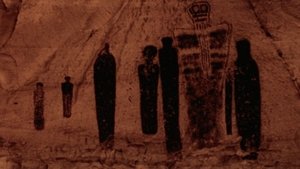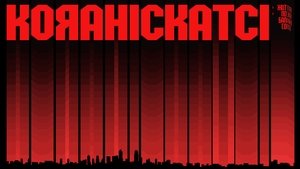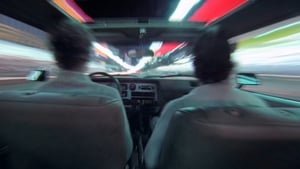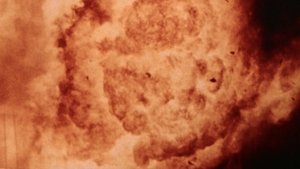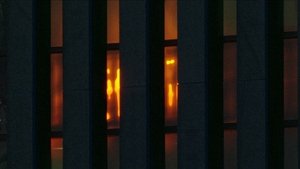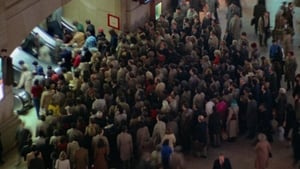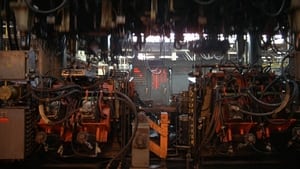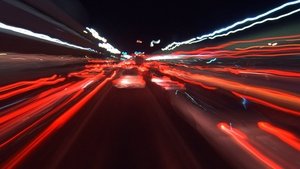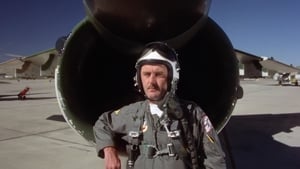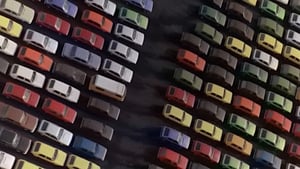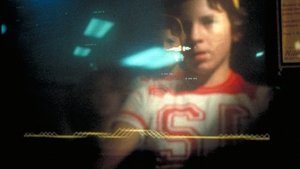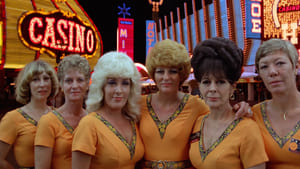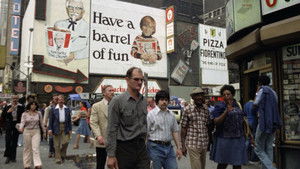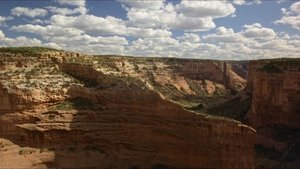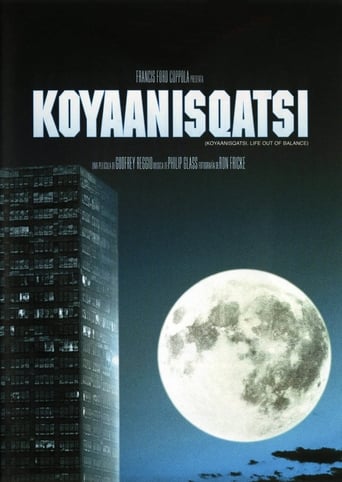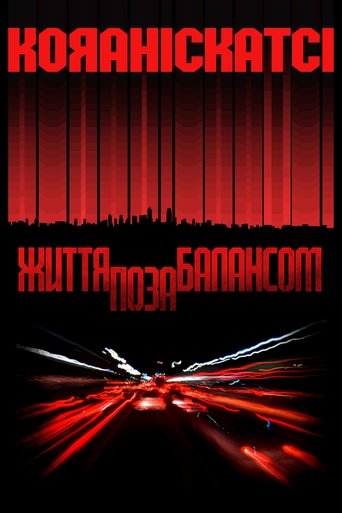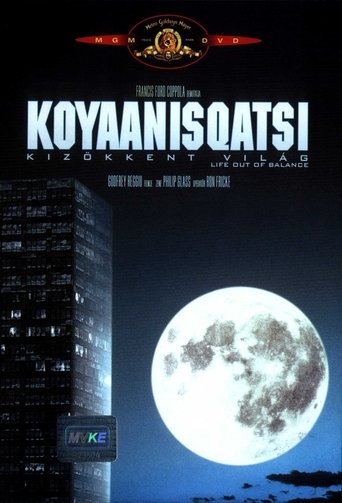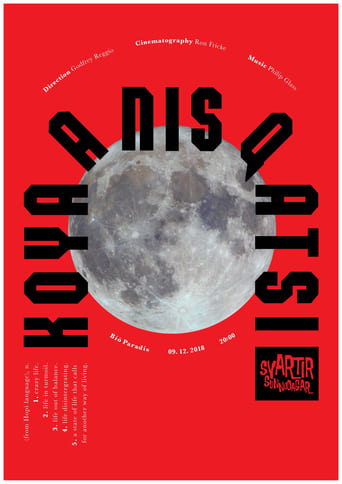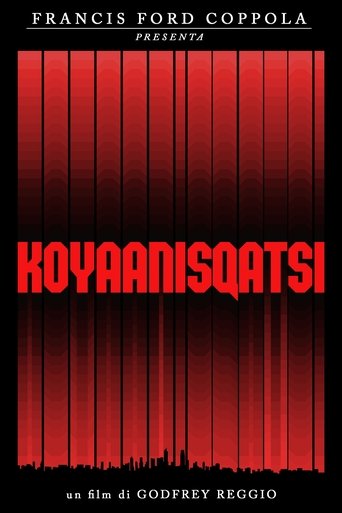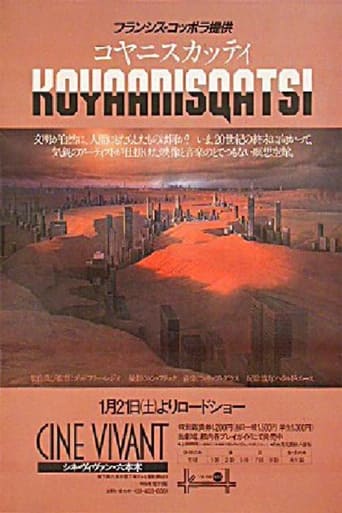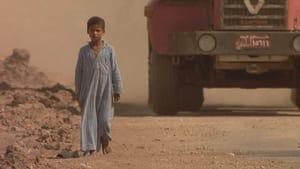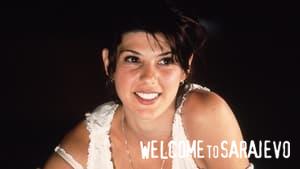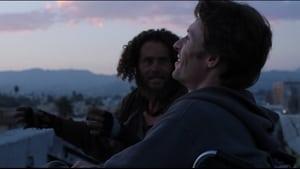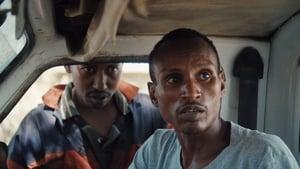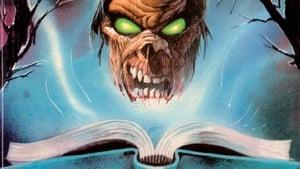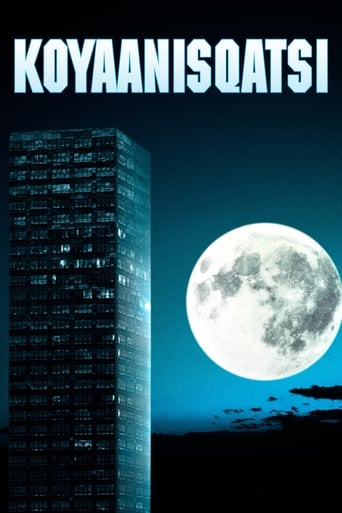
Koyaanisqatsi
Life out of balance
1983 | 86m | English
Popularity: 1 (history)
| Director: | Godfrey Reggio |
|---|---|
| Writer: | Godfrey Reggio, Ron Fricke, Alton Walpole, Michael Hoenig |
| Staring: |
| Takes us to locations all around the US and shows us the heavy toll that modern technology is having on humans and the earth. The visual tone poem contains neither dialogue nor a vocalized narration: its tone is set by the juxtaposition of images and the exceptional music by Philip Glass. | |
| Release Date: | Apr 27, 1983 |
|---|---|
| Director: | Godfrey Reggio |
| Writer: | Godfrey Reggio, Ron Fricke, Alton Walpole, Michael Hoenig |
| Genres: | |
| Keywords | civilization, human vs nature, rural area, social commentary, nature run amok, environmental destruction, lost civilization, observational cinema, man vs nature, environmental catastrophe, poetic documentary, human in nature, no dialogue, dying civilization, environmental collapse, environmentally-themed |
| Production Companies | American Zoetrope, IRE Productions, Santa Fe Institute for Regional Education |
| Box Office |
Revenue: $3,200,000
Budget: $600,000 |
| Updates |
Updated: Feb 01, 2025 Entered: Apr 13, 2024 |
| Name | Character |
|---|---|
| Ed Asner | Self - On TV (archive footage) (uncredited) |
| Pat Benatar | Self (archive footage) (uncredited) |
| Jerry Brown | Self - On TV (archive footage, uncredited) |
| Johnny Carson | Self - On TV (archive footage) (uncredited) |
| Dick Cavett | Self - On TV (archive footage) (uncredited) |
| Marilyn Chambers | Self - On TV (archive footage) (uncredited) |
| Sammy Davis Jr. | Self - On TV (archive footage) (uncredited) |
| Lou Dobbs | Self - On TV (archive footage) (uncredited) |
| Thomas Dolby | Self - On TV (archive footage) (uncredited) |
| Linda Ellerbee | Self - On TV (archive footage) (uncredited) |
| Jerry Falwell | Self - On TV (archive footage) (uncredited) |
| Mark J. Goodman | Self - On TV (archive footage) (uncredited) |
| Ted Koppel | Self - On TV (archive footage) (uncredited) |
| Peter Sellers | Self - On TV (archive footage) (uncredited) |
| Bill Tush | Self - On TV (archive footage) (uncredited) |
| Name | Job |
|---|---|
| Godfrey Reggio | Screenplay, Director |
| Ron Fricke | Screenplay, Editor, Director of Photography |
| Philip Glass | Music, Original Music Composer |
| Randy Thom | Sound Effects |
| Jacques Ellul | Idea |
| Guy Debord | Idea |
| Louie Schwartzberg | Additional Photography |
| Alton Walpole | Screenplay, Editor |
| Gary Burritt | Negative Cutter |
| David Monongye | Idea |
| Leopold Kohr | Idea |
| Dean Alatzas | Grip |
| David Brownlow | Assistant Camera |
| Hillary Harris | Additional Photography |
| Robert Hill | Assistant Camera |
| Wayne V. McGee | Still Photographer |
| Mark Muich | Grip |
| Michael Hoenig | Screenplay |
| Steve Maslow | Sound Re-Recording Mixer |
| Ivan Illich | Idea |
| Neil Bockman | Assistant Camera |
| Phillip Harrington | Still Photographer |
| Roy Hememnez | Grip |
| Karl Kernberger | Still Photographer |
| Roger McNew | Assistant Camera |
| Robert Palmer | Grip |
| Christine Gibson | Additional Photography |
| Name | Title |
|---|---|
| Godfrey Reggio | Producer |
| Francis Ford Coppola | Executive Producer |
| Roger McNew | Associate Producer |
| Lawrence Taub | Associate Producer |
| Mel Lawrence | Associate Producer |
| T. Michael Powers | Associate Producer |
| Alton Walpole | Associate Producer |
| Organization | Category | Person |
|---|
Popularity History
| Year | Month | Avg | Max | Min |
|---|---|---|---|---|
| 2024 | 4 | 17 | 33 | 11 |
| 2024 | 5 | 23 | 47 | 13 |
| 2024 | 6 | 21 | 33 | 10 |
| 2024 | 7 | 22 | 37 | 12 |
| 2024 | 8 | 21 | 50 | 13 |
| 2024 | 9 | 14 | 21 | 11 |
| 2024 | 10 | 13 | 22 | 7 |
| 2024 | 11 | 13 | 39 | 7 |
| 2024 | 12 | 13 | 25 | 9 |
| 2025 | 1 | 13 | 25 | 8 |
| 2025 | 2 | 10 | 19 | 3 |
| 2025 | 3 | 5 | 15 | 1 |
| 2025 | 4 | 1 | 3 | 1 |
| 2025 | 5 | 1 | 2 | 1 |
| 2025 | 6 | 1 | 2 | 1 |
| 2025 | 7 | 1 | 2 | 1 |
| 2025 | 8 | 1 | 2 | 0 |
| 2025 | 9 | 1 | 3 | 1 |
| 2025 | 10 | 3 | 4 | 2 |
| 2025 | 11 | 3 | 5 | 2 |
| 2025 | 12 | 3 | 5 | 1 |
| 2026 | 1 | 1 | 2 | 1 |
Trending Position
This is an art film of sorts, eschewing dialogue or narration or a recognizable plot for a visual and musical banquet of images and scenes. So if you are into art films (or want to appear like you are), this is the film for you. The photographic techniques remind me of nature films, which may not ... be a coincidence since the subject matter seems to Focus on what is seen as being against nature. So it is all here: explosions and collapsing of buildings, a bridge, about five times, even what looked like a nuclear blast; then time lapse photography of city and highway traffic and masses of people walking; plus slow motion clips of masses of people walking; and shots of tenements and abandoned building and kids playing in water from fire hydrants — well, you get the idea. I like Philip Glass’s music, but there were times I didn’t think what they used quite fit what was being shown on the screen. But like he apparently told the producers more than once before they convinced him to take it on, movie scores weren’t his thing. So as the William Hurt character says in The Big Chill, just let the art flow over you. If nothing else, check out the dress and hair styles of folks in the wacky 1980s!
**For the general public, this film is uninteresting. However, it will have merits if displayed within the most correct context.** I've heard of this film as a documentary, but I honestly don't know if Godfrey Reggio really wanted to document anything. This was the director's debut, and for a fir ... st work we can say that there is quality, even though it is a somewhat strange film because it has nothing more than a soundtrack and successive images, which do not seem to have a relationship with each other. If this is an experimental film, I also can't understand what this director really wanted to experiment with. Making a film without a script and without a story? Honestly, this film looks a lot like those successive images that are sometimes shown in waiting rooms, for whoever is sitting there. And what about the film's title? I honestly thought it was some Croatian or Balkan film before I read something about the film and ventured out to see it. Only then did I discover that it was a term from the Hopi language, and that it means living in an unbalanced way. Without a defined script, without any actor, without a spoken word (the title is sung in a threatening Gregorian tone at the beginning and at the end, but I consider this part of the soundtrack pure and simple), we just see all the images and the sound of the music. In short, the film seems like a mute critique of the modern way of life, in contrast to what was lived in the past, before industrialization. It's what I think. And a good movie? It will be good as an introduction to the environmental debate, as a reflection film. For the general public who are not interested in debating these issues, it is not worth it.

